Author Archives: James M Snell
Author Archives: James M Snell
We've been busy.
Compatibility with the broad JavaScript developer ecosystem has always been a key strategic investment for us. We believe in open standards and an open web. We want you to see Workers as a powerful extension of your development platform with the ability to just drop code in that Just Works. To deliver on this goal, the Cloudflare Workers team has spent the past year significantly expanding compatibility with the Node.js ecosystem, enabling hundreds (if not thousands) of popular npm modules to now work seamlessly, including the ever popular express framework.
We have implemented a substantial subset of the Node.js standard library, focusing on the most commonly used, and asked for, APIs. These include:
| Module | API documentation |
|---|---|
| node:console | https://nodejs.org/docs/latest/api/console.html |
| node:crypto | https://nodejs.org/docs/latest/api/crypto.html |
| node:dns | https://nodejs.org/docs/latest/api/dns.html |
| node:fs | https://nodejs.org/docs/latest/api/fs.html |
| node:http | https://nodejs.org/docs/latest/api/http.html |
| node:https | https://nodejs.org/docs/latest/api/https.html |
| node:net | https://nodejs.org/docs/latest/api/net.html |
| node:process | https://nodejs.org/docs/latest/api/process.html |
| node:timers | https://nodejs.org/docs/latest/api/timers.html |
| node:tls | https://nodejs.org/docs/latest/api/tls.html |
| node:zlib | https://nodejs.org/docs/latest/api/zlib.html |
Each of these has been carefully implemented to approximate Node.js' behavior as closely as possible where feasible. Where matching Node.js' behavior is not possible, our implementations will throw a clear error Continue reading
Today, we are excited to announce a preview of improved Node.js compatibility for Workers and Pages. Broader compatibility lets you use more NPM packages and take advantage of the JavaScript ecosystem when writing your Workers.
Our newest version of Node.js compatibility combines the best features of our previous efforts. Cloudflare Workers have supported Node.js in some form for quite a while. We first announced polyfill support in 2021, and later built-in support for parts of the Node.js API that has expanded over time.
The latest changes make it even better:
You can use far more NPM packages on Workers.
You can use packages that do not use the node: prefix to import Node.js APIs
You can use more Node.js APIs on Workers, including most methods on async_hooks, buffer, dns, os, and events. Many more, such as fs or process are importable with mocked methods.
To give it a try, add the following flag to wrangler.toml, and deploy your Worker with Wrangler:
compatibility_flags = ["nodejs_compat_v2"]
Packages that could not be imported with nodejs_compat, even as a dependency of another package, will now load. This Continue reading
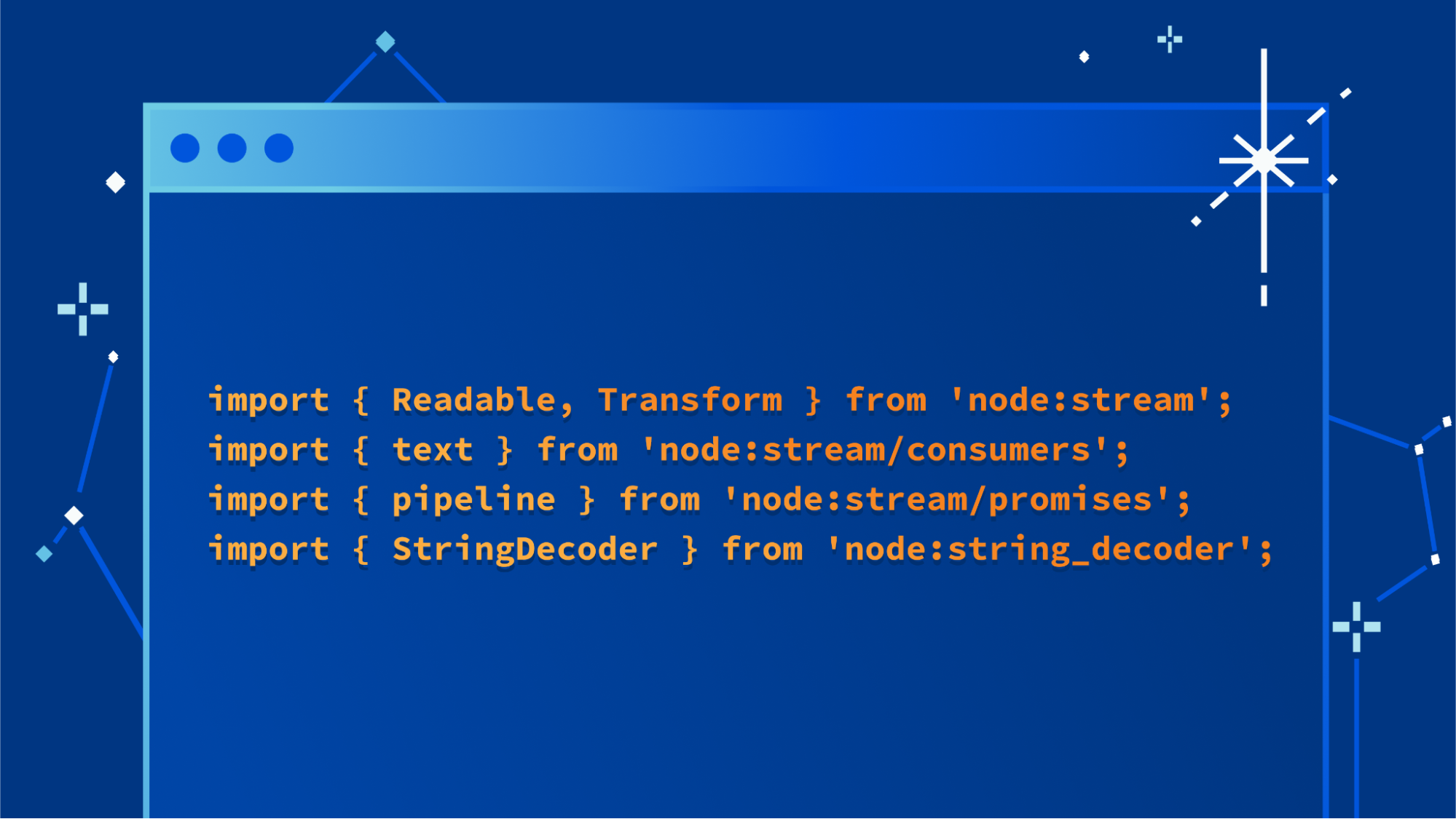
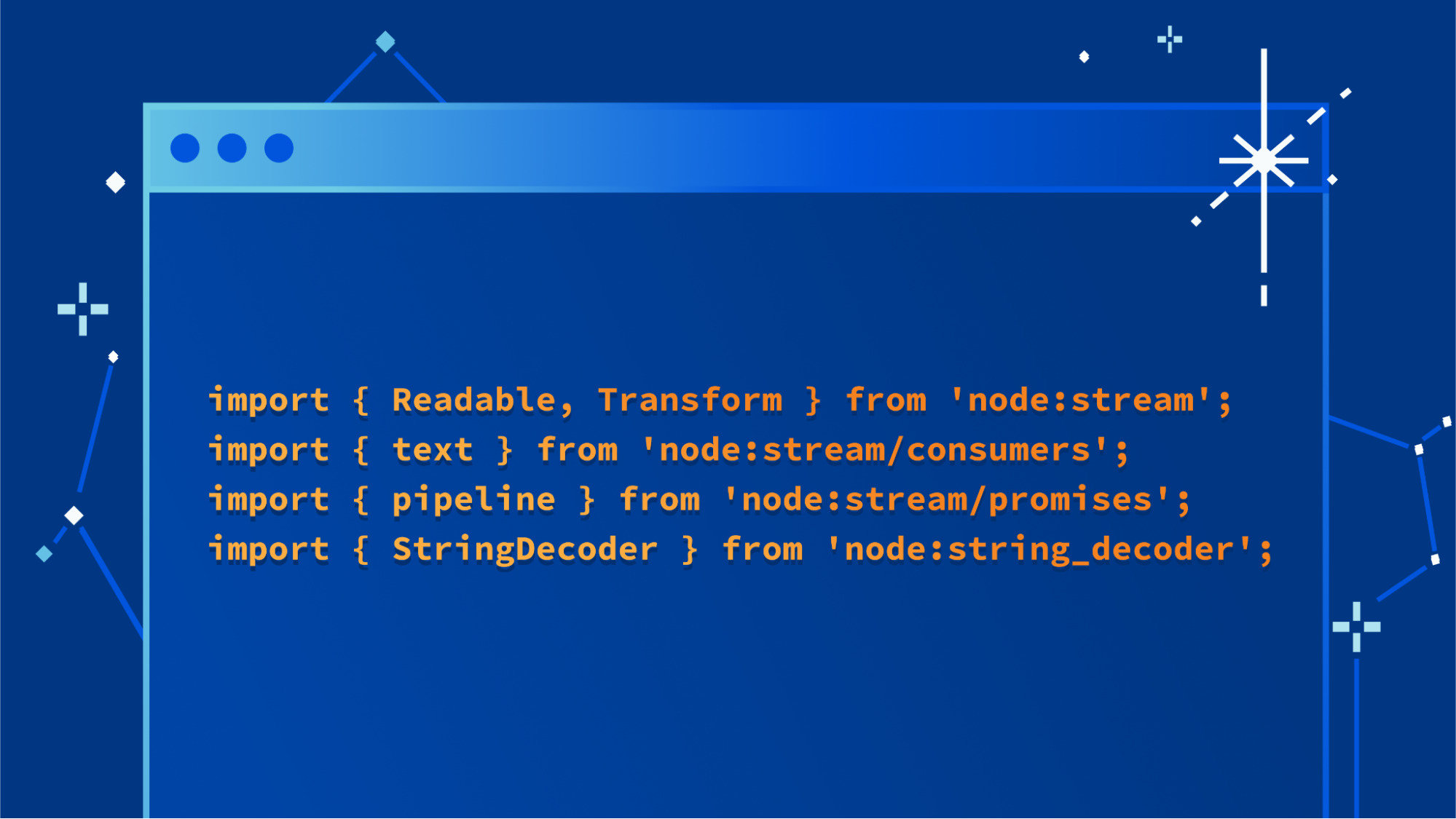
Today we are announcing support for three additional APIs from Node.js in Cloudflare Workers. This increases compatibility with the existing ecosystem of open source npm packages, allowing you to use your preferred libraries in Workers, even if they depend on APIs from Node.js.
We recently added support for AsyncLocalStorage, EventEmitter, Buffer, assert and parts of util. Today, we are adding support for:
We are also sharing a preview of a new module type, available in the open-source Workers runtime, that mirrors a Node.js environment more closely by making some APIs available as globals, and allowing imports without the node: specifier prefix.
You can start using these APIs today, in the open-source runtime that powers Cloudflare Workers, in local development, and when you deploy your Worker. Get started by enabling the nodejs_compat compatibility flag for your Worker.
The Node.js streams API is the original API for working with streaming data in JavaScript that predates the WHATWG ReadableStream standard. Now, a full implementation of Node.js streams (based directly on the official implementation provided by the Node.js project) is available within the Workers runtime.
Let's start with a quick example:
Continue reading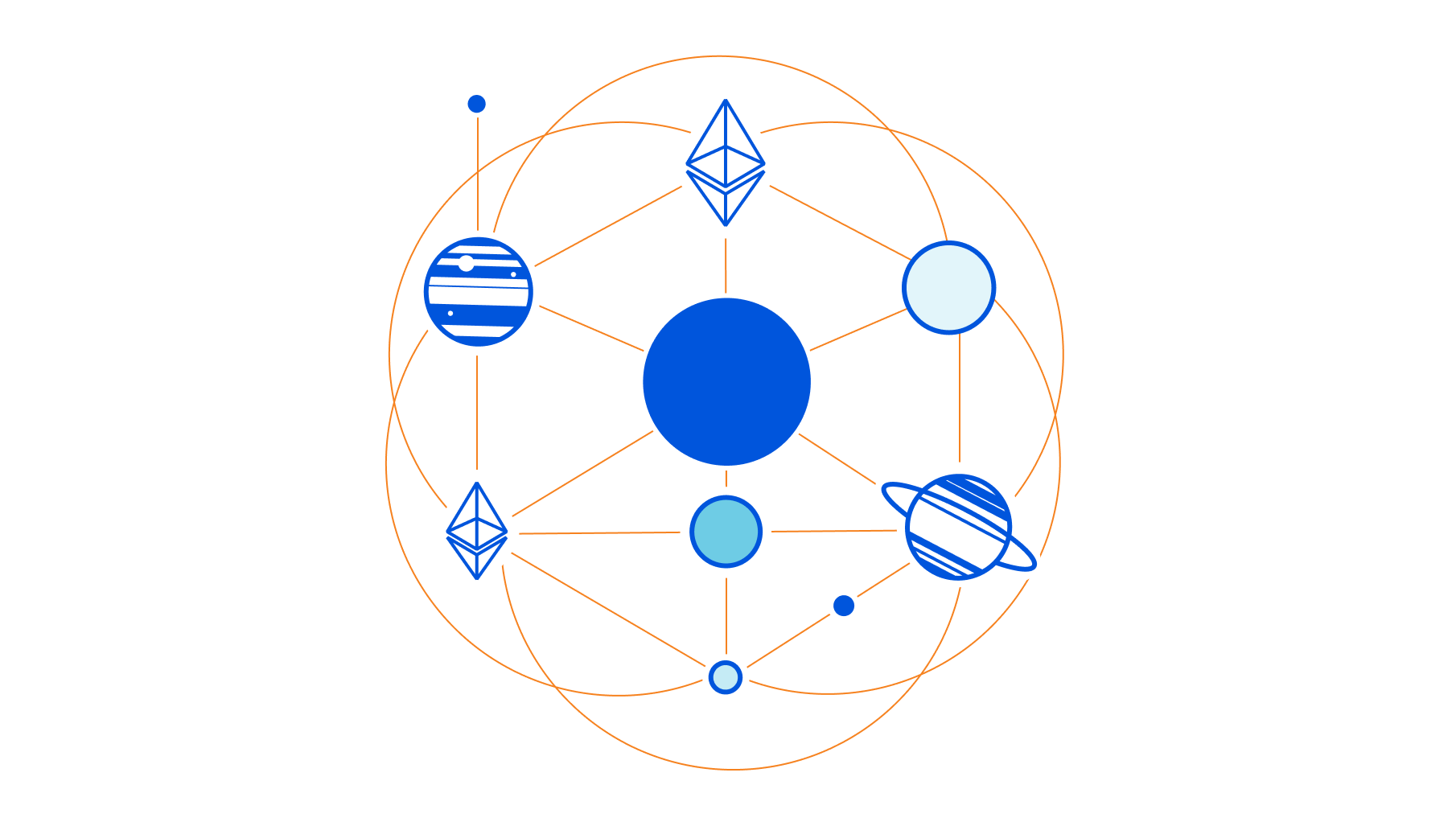
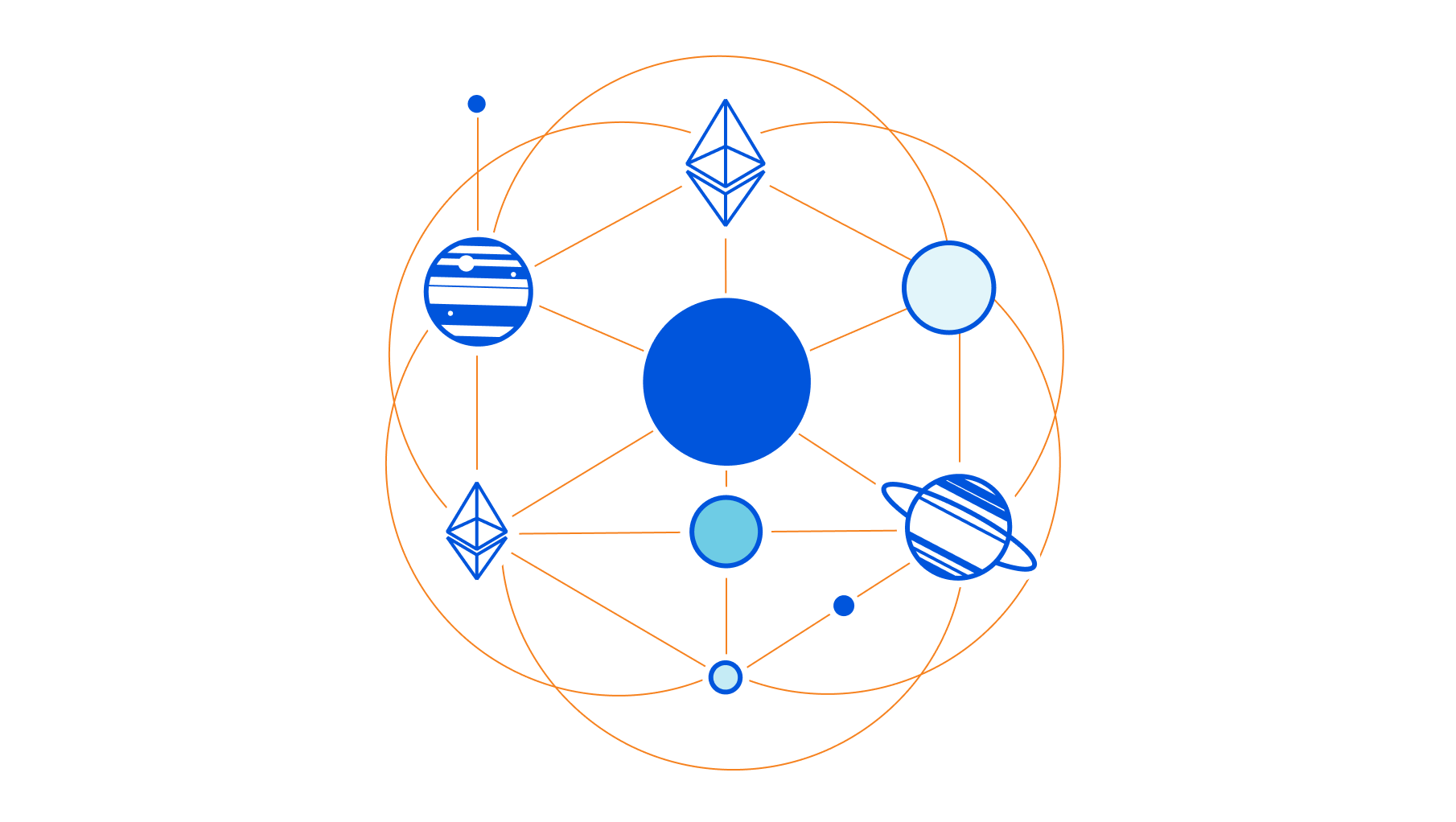
Over the coming months, Cloudflare Workers will start to roll out built-in compatibility with Node.js core APIs as part of an effort to support increased compatibility across JavaScript runtimes.
We are happy to announce today that the first of these Node.js APIs – AsyncLocalStorage, EventEmitter, Buffer, assert, and parts of util – are now available for use. These APIs are provided directly by the open-source Cloudflare Workers runtime, with no need to bundle polyfill implementations into your own code.
These new APIs are available today — start using them by enabling the nodejs_compat compatibility flag in your Workers.
The AsyncLocalStorage API provides a way to track context across asynchronous operations. It allows you to pass a value through your program, even across multiple layers of asynchronous code, without having to pass a context value between operations.
Consider an example where we want to add debug logging that works through multiple layers of an application, where each log contains the ID of the current request. Without AsyncLocalStorage, it would be necessary to explicitly pass the request ID down through every function call that might invoke the logging Continue reading


Earlier this year, we announced our participation in a new W3C Community Group for the advancement of Web-interoperable API standards. Since then, this new WinterCG has been hard at work identifying the common API standards around which all JavaScript runtimes can build. Today I just want to give a peek at some work the WinterCG has been doing; and show off some of the improvements we have been making in the Workers runtime to increase alignment with Web Platform standards around event handling, task cancellation using AbortController, text encoding and decoding, URL parsing and pattern matching, and streams support.
Right at the start of the WinterCG activity, the group took some time to evaluate and compare the various non-browser JavaScript runtimes such as Node.js, Deno, Bun, and Workers with the purpose of identifying the Web Platform APIs they all had in common. Following a very simple criteria, we looked at the standard APIs that were already implemented and supported by at least two of these runtimes and compiled those into a list that the WinterCG calls the "Minimum Common Web Platform API". This list will serve as Continue reading


Today, Cloudflare – in partnership with Vercel, Shopify, and individual core contributors to both Node.js and Deno – is announcing the establishment of a new Community Group focused on the interoperable implementation of standardized web APIs in non-web browser, JavaScript-based development environments.
The W3C and the Web Hypertext Application Technology Working Group (or WHATWG) have long pioneered the efforts to develop standardized APIs and features for the web as a development environment. APIs such as fetch(), ReadableStream and WritableStream, URL, URLPattern, TextEncoder, and more have become ubiquitous and valuable components of modern web development. However, the charters of these existing groups have always been explicitly limited to considering only the specific needs of web browsers, resulting in the development of standards that are not readily optimized for any environment that does not look exactly like a web browser. A good example of this effect is that some non-browser implementations of the Streams standard are an order of magnitude slower than the equivalent Node.js streams and Deno reader implementations due largely to how the API is specified in the standard.
Serverless environments such as Cloudflare Workers, or runtimes like Node.js and Deno, have Continue reading

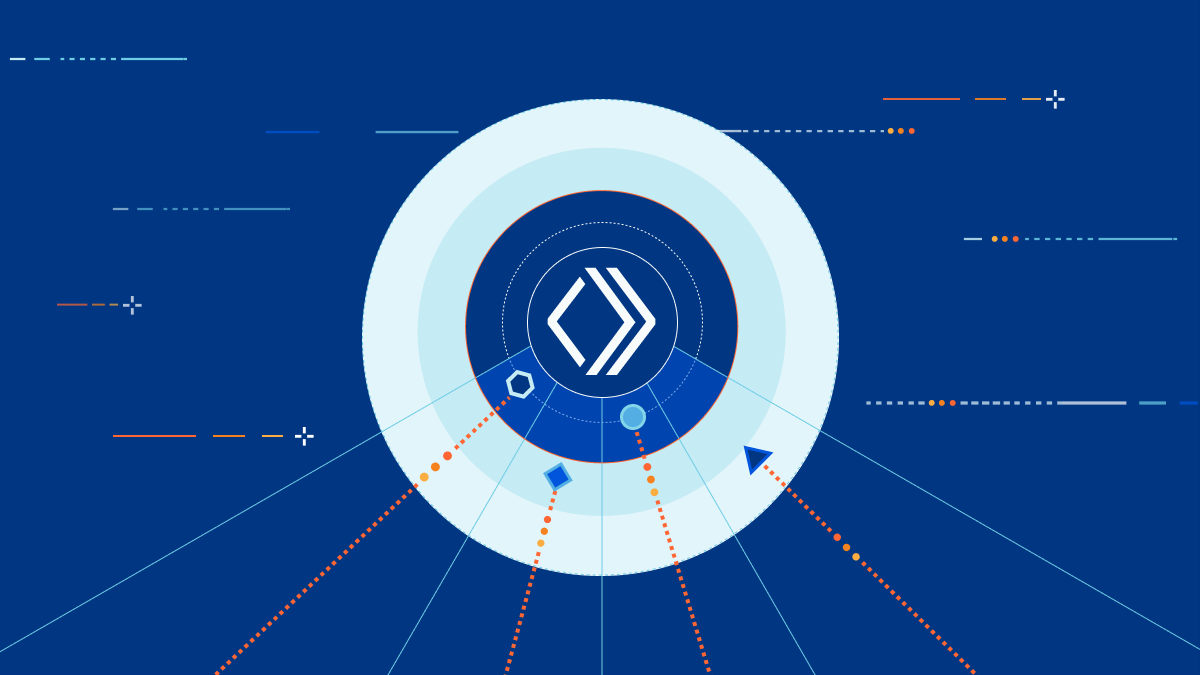
Today we are excited to announce that we are developing APIs and infrastructure to support more TCP, UDP, and QUIC-based protocols in Cloudflare Workers. Once released, these new capabilities will make it possible to use non-HTTP socket connections to and from a Worker or Durable Object as easily as one can use HTTP and WebSockets today.
Out of the box, fetch and WebSocket APIs. With just a few internal changes to make it operational in Workers, we’ve developed an example using an off-the-shelf driver (in this example, a Deno-based Postgres client driver) to communicate with a remote Postgres server via WebSocket over a secure Cloudflare Tunnel.
import { Client } from './driver/postgres/postgres'
export default {
async fetch(request: Request, env, ctx: ExecutionContext) {
try {
const client = new Client({
user: 'postgres',
database: 'postgres',
hostname: 'https://db.example.com',
password: '',
port: 5432,
})
await client.connect()
const result = await client.queryArray('SELECT * FROM users WHERE uuid=1;')
ctx.waitUntil(client.end())
return new Response(JSON.stringify(result.rows[0]))
} catch (e) {
return new Response((e as Error).message)
}
},
}
The example works by replacing the bits of the Postgres client driver that use the Deno-specific TCP socket APIs with standard fetch and WebSockets APIs. We then establish a WebSocket connection with a remote Cloudflare Tunnel daemon running adjacent to the Postgres server, establishing what is effectively TCP-over-WebSockets.

While the fact we were able to build the example and communicate effectively and efficiently with the Postgres server — without making any changes to the Cloudflare Workers runtime — is impressive, there are limitations to the approach. For one, the solution requires additional infrastructure to establish and maintain the WebSocket tunnel — in this case, the instance of the Cloudflare Tunnel daemon running adjacent to the Postgres server. While we are certainly happy to provide that daemon to customers, it would just be better if that component were not required at all. Second, tunneling TCP over WebSockets, which is itself tunneled via HTTP over TCP is a bit suboptimal. It works, but we can do better.
Currently, there is no standard API for socket connections in JavaScript. We want to change that.
If you’ve used Node.js before, then you’re most likely familiar with the net.Socket and net.TLSSocket objects. If you use Deno, then you might know that they’ve recently introduced the Deno.connect() and Deno.connectTLS() APIs. When you look at those APIs, what should immediately be apparent is how different they are from one another despite doing the exact same thing.
When we decided that we would add the ability to open and use socket connections from within Workers, we also agreed that we really have no interest in developing yet another non-standard, platform-specific API that is unlike the APIs provided by other platforms. Therefore, we are extending an invitation to all JavaScript runtime platforms that need socket capabilities to collaborate on a new (and eventually standardized) API that just works no matter which runtime you choose to develop on.
Here’s a rough example of what we have in mind for opening and reading from a simple TCP client connection:
const socket = new Socket({
remote: { address: '123.123.123.123', port: 1234 },
})
for await (const chunk of socket.readable)
console.log(chunk)
Or, this example, sending a simple “hello world” packet using UDP:
const socket = new Socket({
type: 'udp',
remote: { address: '123.123.123.123', port: 1234 },
});
const enc = new TextEncoder();
const writer = socket.writable.getWriter();
await writer.write(enc.encode('hello world'));
await writer.close();
The API will be designed generically enough to work both client and server-side; for TCP, UDP, and QUIC; with or without TLS, and will not rely on any mechanism specific to any single JavaScript runtime. It will build on existing broadly supported Web Platform standards such as EventTarget, ReadableStream, WritableStream, AbortSignal, and promises. It will be familiar to developers who are already familiar with the fetch() API, service workers, and promises using async/await.
interface Socket : EventTarget {
constructor(object SocketInit);
Promise<undefined> update(object SocketInit);
readonly attribute ReadableStream readable;
readonly attribute WritableStream writable;
readonly attribute Promise<undefined> ready;
readonly attribute Promise<undefined> closed;
Promise<undefined> abort(optional any reason);
readonly attribute AbortSignal signal;
readonly attribute SocketStats stats;
readonly attribute SocketInfo info;
}
This is just a proposal at this point and the details will very likely change from the examples above by the time the capability is delivered in Workers. It is our hope that other platforms will join us in the effort of developing and supporting this new API so that developers have a consistent foundation upon which to build regardless of where they run their code.
The ability to open socket client connections is only half of the story.
When we first started talking about adding these capabilities an obvious question was asked: What about using non-HTTP protocols to connect to Workers? What if instead of just having the ability to connect a Worker to some other back-end database, we could implement the entire database itself on the edge, inside Workers, and have non-HTTP clients connect to it? For that matter, what if we could implement an SMTP server in Workers? Or an MQTT message queue? Or a full VoIP platform? Or implement packet filters, transformations, inspectors, or protocol transcoders?
Workers are far too powerful to limit to just HTTP and WebSockets, so we will soon introduce Socket Workers -- that is, Workers that can be connected to directly using raw TCP, UDP, or QUIC protocols without using HTTP.
What will this new Workers feature look like? Many of the details are still being worked through, but the idea is to deploy a Worker script that understands and responds to “connect” events in much the same way that “fetch” events work today. Importantly, this would build on the same common socket API being developed for client connections:
addEventListener('connect', (event) => {
const enc = new TextEncoder();
const writer = event.socket.writable.getWriter();
writer.write(enc.encode('Hello World'));
writer.close();
});
The new socket API for JavaScript and Socket Workers are under active development, with focus initially on enabling better and more efficient ways for Workers to connect to databases on the backend — you can sign up here to join the waitlist for access to Database Connectors and Socket Workers. We are excited to work with early users, as well as our technology partners to develop, refine, and test these new capabilities.
Once released, we expect Socket Workers to blow the doors wide open on the types of intelligent distributed applications that can be deployed to the Cloudflare network edge, and we are excited to see what you build with them.